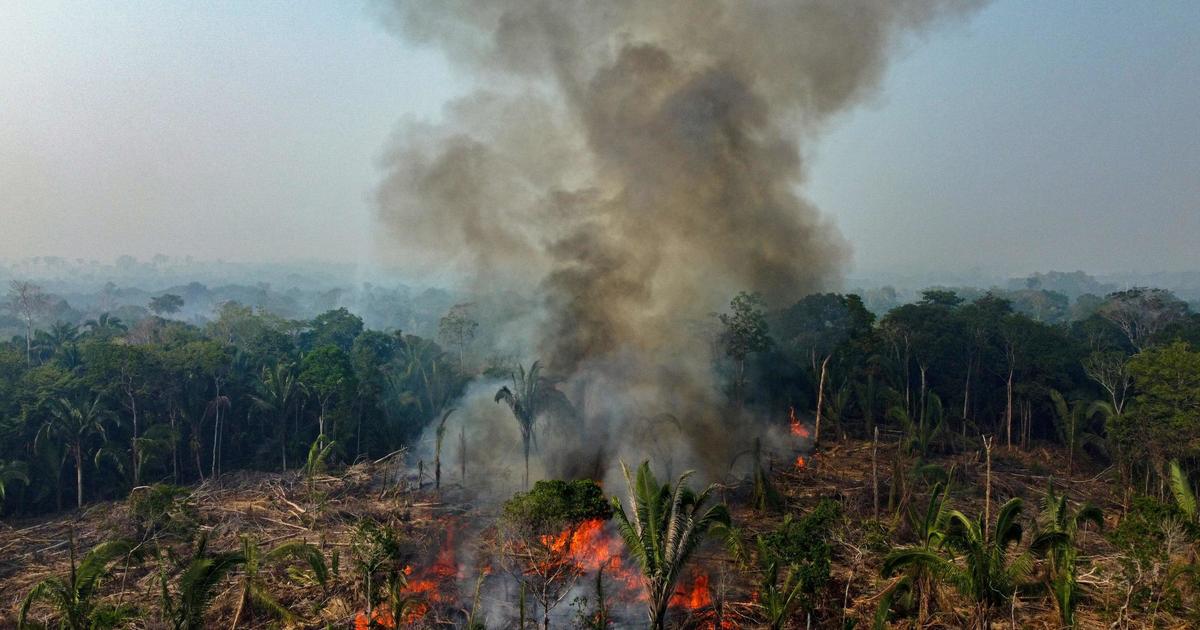Portugal is experiencing its worst year in terms of fires since the catastrophic 2017, according to data published this Friday by the Institute of Natural and Forest Conservation (ICNF). As of last day 15, 36,343 hectares had burned throughout the country. The count in this same period in 2018 was 34,819 and 26,374 in 2019. The numbers are far from the levels of destruction that occurred three years ago (at this point the fire had destroyed 201,869 hectares), but they show a relapse that the National Plan for Integrated Management of Rural Fires, presented by the Government last June, should correct.
In 2017, one of the darkest years in recent Portuguese history, the neighboring country broke all records with a total of 537,143 hectares razed, the equivalent of the total area of Cantabria, according to the ICNF registry. Portugal also suffered the tragedy of Pedrógão Grande, about 40 minutes south of the city of Coimbra, in which more than 60 people died from the fires and another 250 were injured. The flames destroyed around 55,000 hectares in that area alone.
The country is the victim of a deadly cocktail. In the first place, due to climate change: Castelo Branco, the province with the highest number of devastated hectares so far this year (8,683, a quarter of those burned in the entire national territory), passed an average maximum temperature from 31 degrees in the 1960s to 34.08 in the previous decade, according to the consulting firm Pordata. Dry weather, strong winds (last year there were gusts of up to 75 kilometers per hour in mid-July in areas of extreme heat) and the expansion of highly flammable species such as rodeno pine and eucalyptus (each around 23 % of the Portuguese forest) complete the base on which the fire thrives in the country.
Despite the fact that the destruction of the forest at the hands of fire is usually referred to as a natural disaster, the truth is that most of the fires in the country are caused. Arsonists have been responsible for a third (32%) of the conflagrations this year. The rest of the bulk of the cake is distributed by bonfires and the burning of garbage, forest residues and pastures that get out of control (34%). The only cause in which there is no human intervention, lightning strikes, reaches just 3%.
The Government has reinforced the operational capacity of the firefighters, which has prevented a repeat of a tragedy of the dimensions of Pedrógão Grande. According to the authorities, this year there are more than 12,000 firefighters available and 60 operational tankers. In addition, the Executive has made it mandatory to clean the land near the houses to prevent the rapid spread of flames and has launched measures such as support for 20 years of 80 to 50 euros per hectare for owners to replace eucalyptus trees for oaks, among other determinations included in the master plan presented this year.

/cloudfront-eu-central-1.images.arcpublishing.com/prisa/FY7XI2V4J5FMVO7TB37QRTFFM4.aspx)






